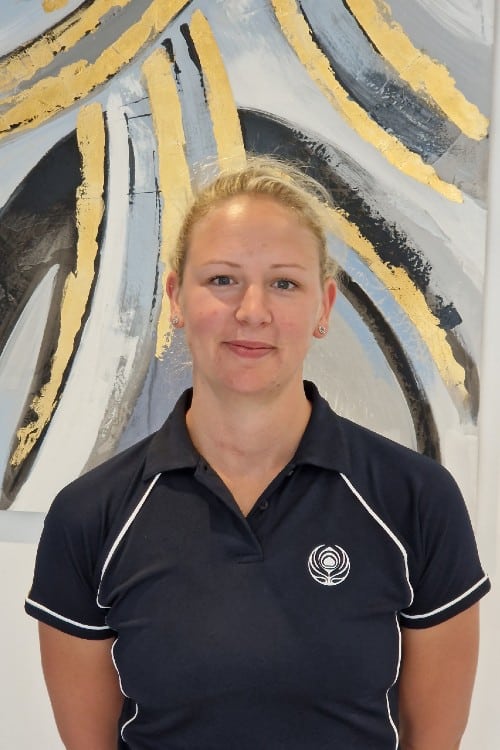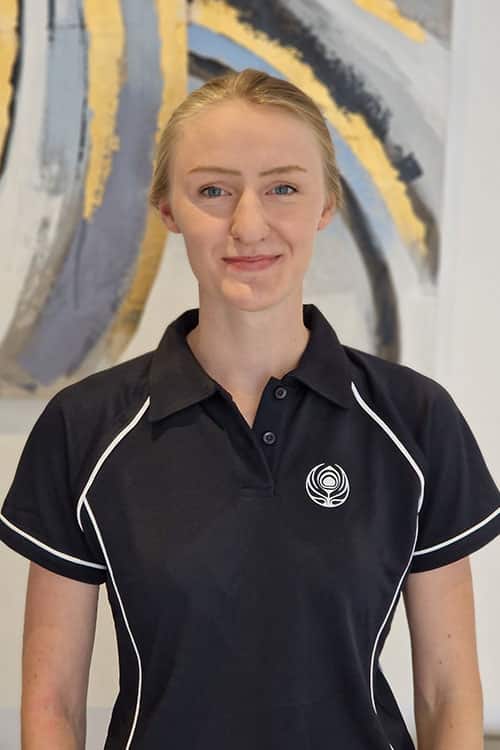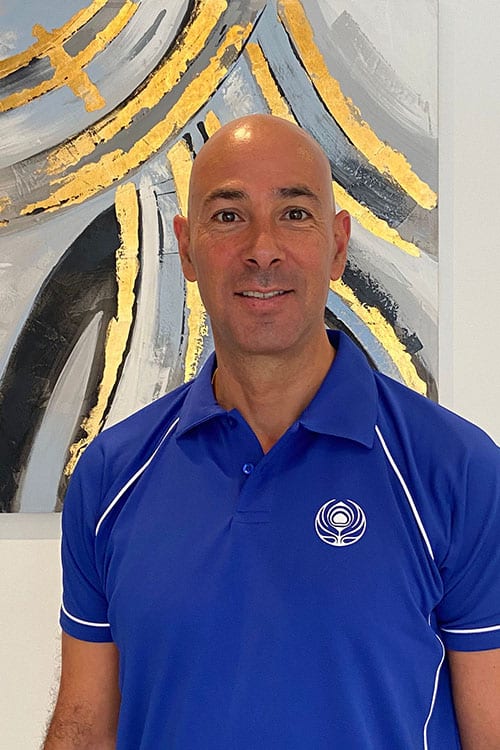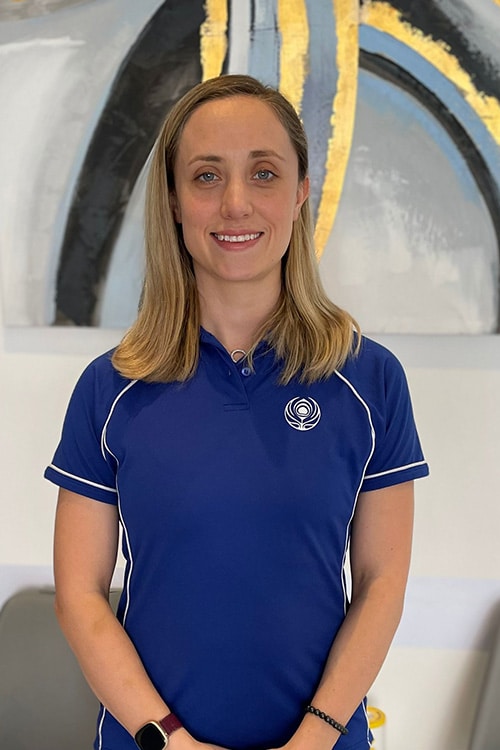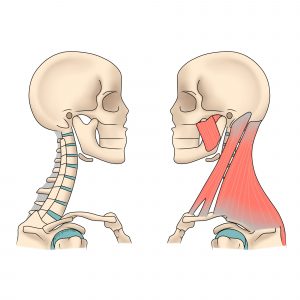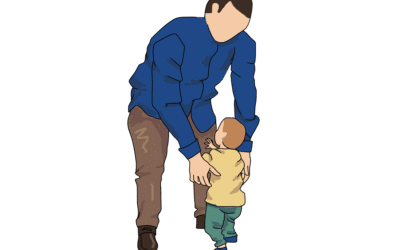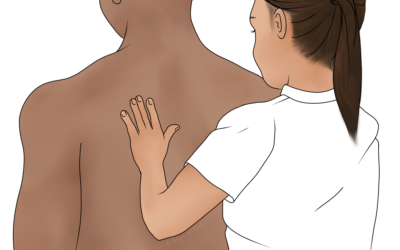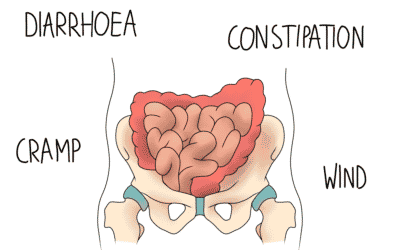Osteopaths are qualified to help you recover from and prevent minor sports injuries.
Throwing Sports
The shoulder is a very mobile joint, which means the bones are not built to keep the joint stable. We rely on the soft tissues of muscles, ligaments, and the joint capsule to keep it steady.
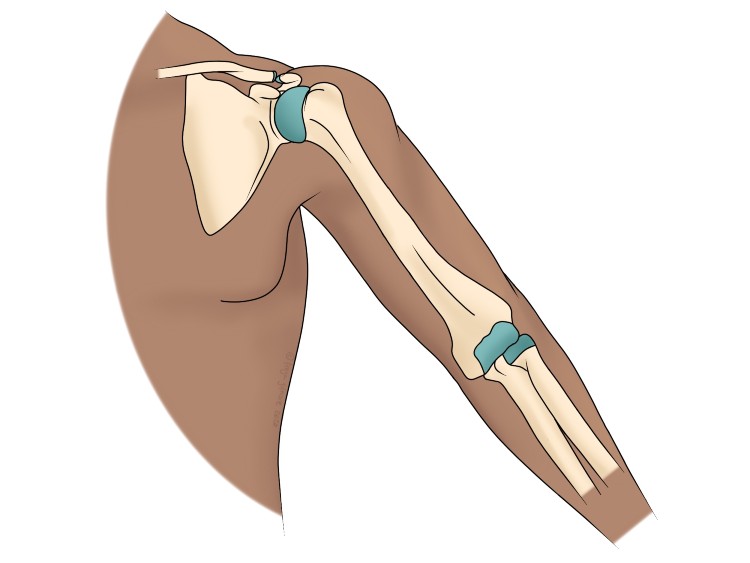
Repeated throwing, especially overhead, is one action that can cause injury to the shoulder. The rotator cuff is a group of four muscles whose role is to rotate the shoulder. They can be strained by a single traumatic injury, or repetitive overuse. At onset, pain may be sudden and come with a tearing sensation or a pop. Pain may then come and go or persist, either way it is typically aggravated by shoulder rotation. You may also notice that movement is weaker than normal.
A history of other shoulder issues is a risk factor for developing a rotator cuff injury, so we recommend regular maintenance to keep the whole area happy. Poor nutrition and reduced flexibility are also recognised as risk factors. Make sure to warm up fully before sports- not forgetting rotation.
Similarly to rotator cuff strains, racket sports can strain muscles around the elbow and lead to epicondylitis if not appropriately managed.
Running Sports
Running is a repetitive movement that can put high demand on every joint and muscle from the hip down. Efficient running requires good back movement too, so keeping everything moving as well as possible is key to reaching your PBs. Running on excessively hard surfaces, with poor footwear, or doing too much too quickly can lead to injuries like shin splints.
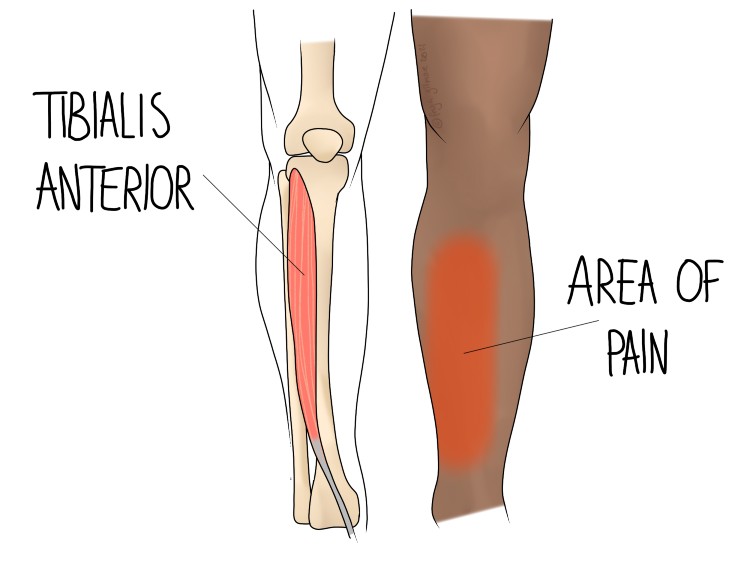
Shin splints are an injury to the area where muscles attach to bone around the shin. The exact physiology of what happens is unclear, but we know that running and jumping sports can cause pain and swelling in this area. Recommended management for the early stages is rest, which we know athletes would rather avoid! If you feel pain in the shin when starting or finishing exercise, even if it resolves in between, it might be shin splints. Reassess your activity, looking to reduce aggravating factors. Apply a cool compress to the shin to prevent excessive inflammation, then make an appointment to stop it in its tracks.
Likewise, if you’re increasing your exercise, see if we can help you prevent injury with a check up.
Expanding Your Limits
Could you get a bit more power into your golf swing if your back could rotate just a little bit more? We may be able to help. It’s not uncommon to develop areas of stiffness in the spine without any obvious symptoms. The upper back is particularly prone to this in people who spend a lot of time sitting at a desk or driving. Often the first symptoms come when another area compensates and overloads, often the neck or lower back.
With this in mind, could you have a restricted area that’s hampering your sports goals? Or do you have a restricted area waiting to cause an injury? Prevention is better than cure. Your osteopath will look at your body as a whole to identify any areas that could benefit from some help.
Start managing or preventing your sports injuries: book an appointment here.

